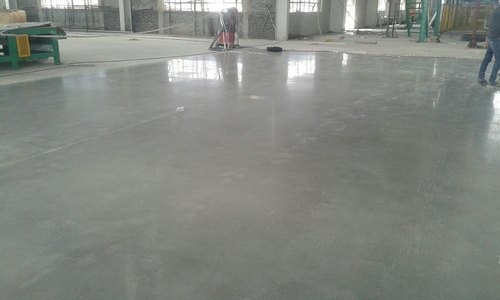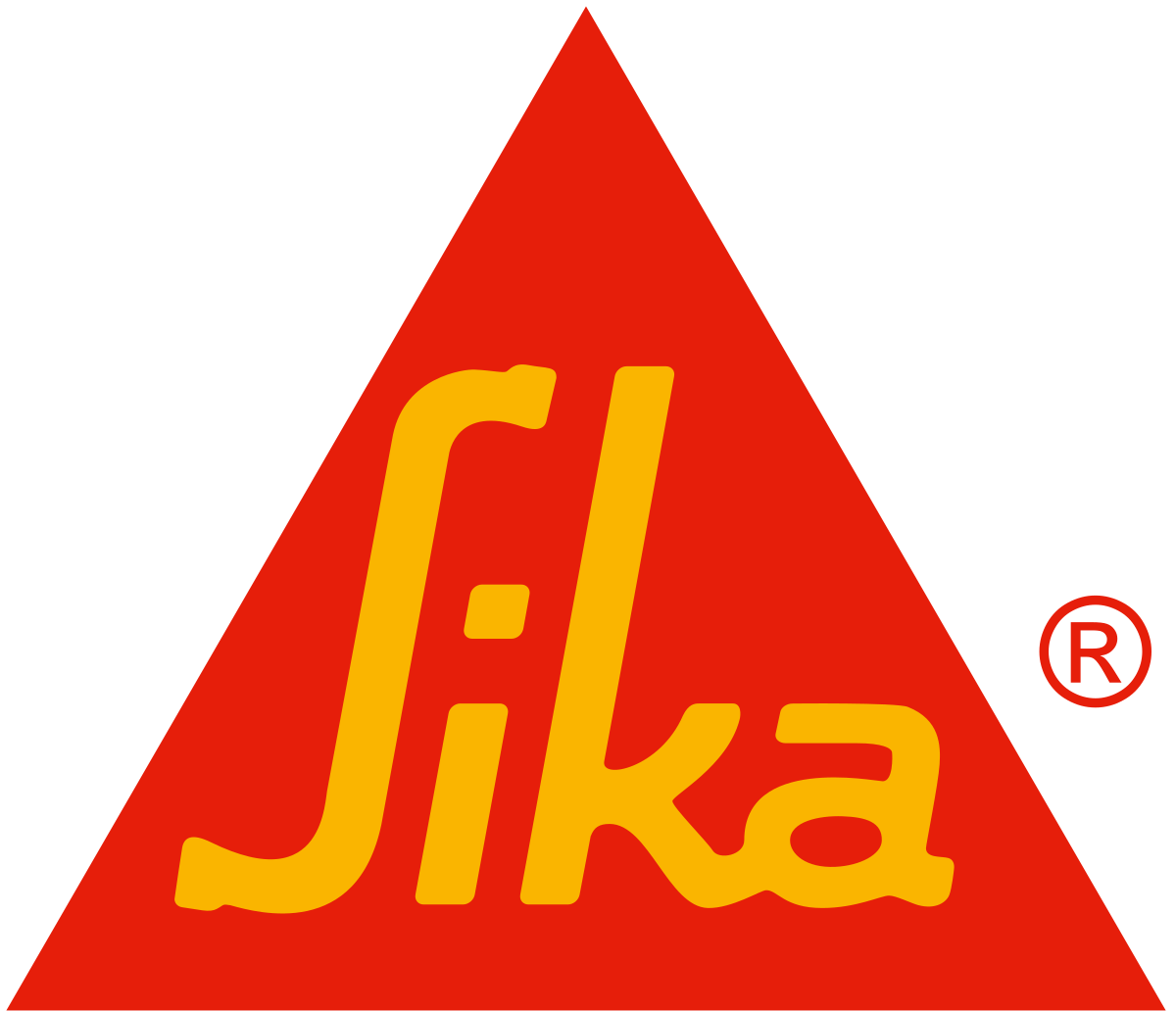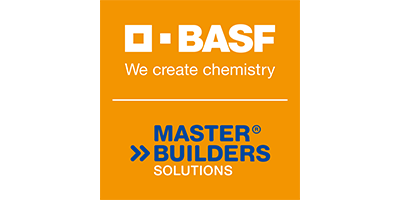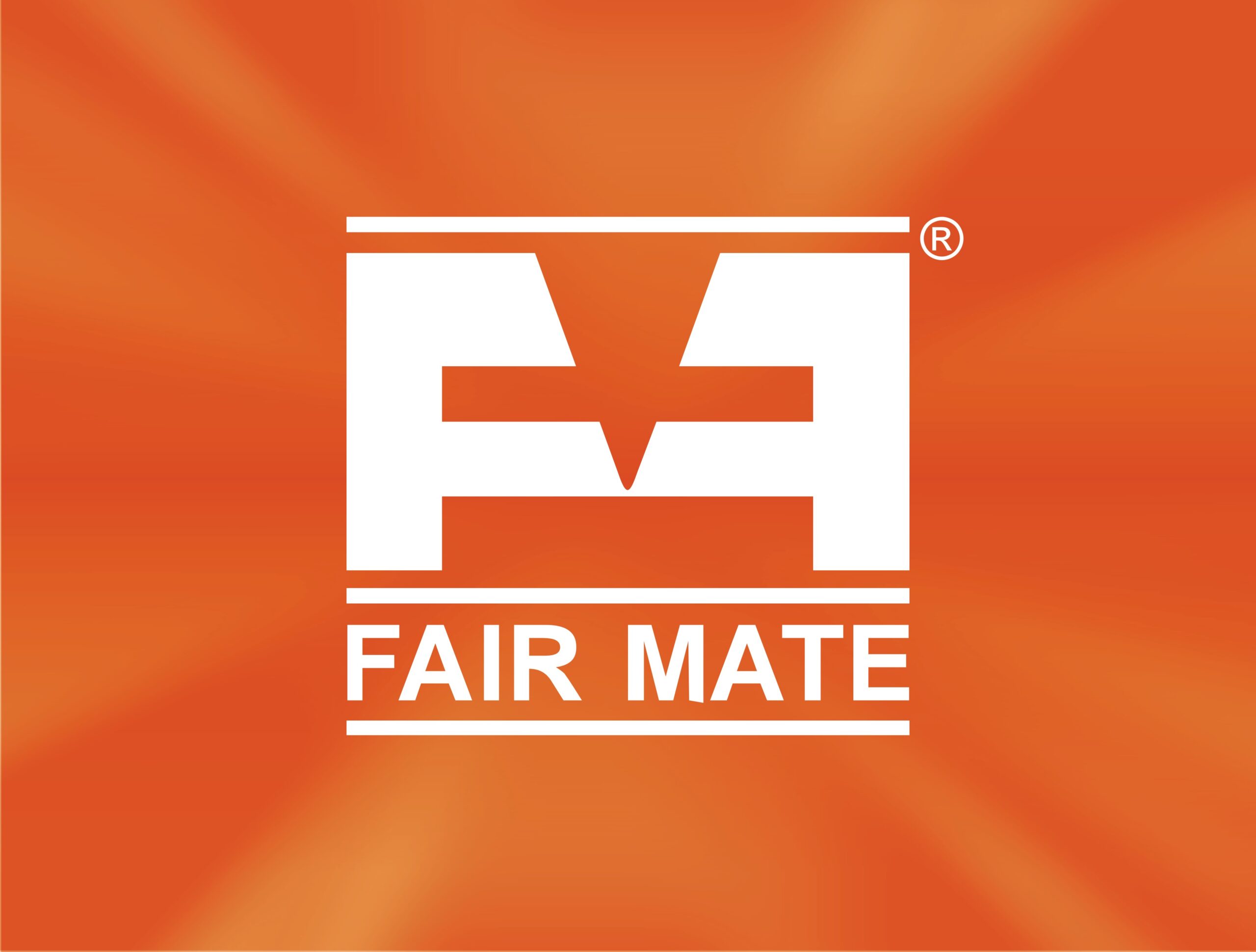Flooor Hardner

Floor hardeners are materials used to improve the durability and strength of concrete floors. They are applied to the surface of fresh concrete while it is still wet and are typically made from a blend of cement, fine aggregate, and chemical additives.
When applied, floor hardeners penetrate into the surface of the concrete, forming a chemical reaction that creates a denser and harder surface. This results in a concrete floor that is more resistant to abrasion, impact, and other types of wear and tear.
Floor hardeners are commonly used in commercial and industrial applications, such as warehouses, manufacturing facilities, and retail stores. They are also used in residential applications, such as garages and basement floors, to improve the durability and longevity of the concrete.
There are various types of floor hardeners available, including metallic, non-metallic, and polymer-based hardeners. The choice of floor hardener depends on the specific application and desired results.
The base concrete should have a minimum cement content of 300 kg/m3 . The concrete mix should be designed to minimize segregation and bleeding. Although there should not be any bleed water, a wet “sheen” can still be clearly seen on the concrete surface, which is the ideal situation for Nitofl or Hardtop to have its first application. The base concrete should be laid and compacted in accordance with good concrete practice. Accurate finished profile and minimum laitance build-up should be ensured. Particular attention should be paid to bay edges and corners to ensure full compaction.
Floor Hardener Standard is applied for different types of industrial use, and the application rates are given below.
Application Intended rate (kg/m2) | Intended Traffic use |
7.0 | Heavy |
5.0 | Mrdium |
3.0 | Light |
It is recommended that the floor be marked off into bays of known area. Sufficient material should then be laid out to meet the required coverage.
Relative abrasion resistance (ASTM C779, Revolving disc method).
Brand Associated





